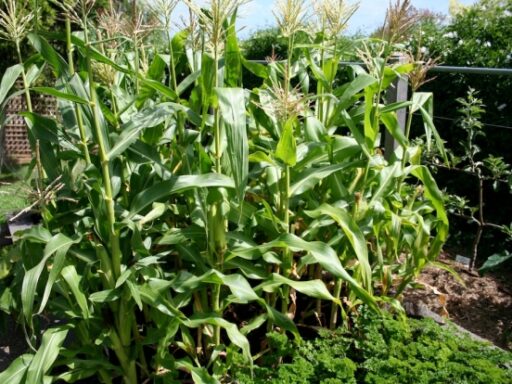
Bearhug
Sometimes it can feel as though our rubbish bins are overflowing with soft plastics, no matter how hard we try to avoid them. You know the ones; all those that can be scrunched into a ball. From pasta packets and bread bags, to cling film and biscuit wrappers, Australians collectively generate an estimated 70 billion soft-plastic pieces per annum. No matter what we try to do, they always seem to linger.
None of us likes them in our kitchen – and the thought of the environmental damage from a lack of satisfactory recycling practices begs the question: if we do not recycle soft plastics, where do they go?
One solution was REDCycle, formed in 2011. The company implemented the only return-to-store soft plastics recycling program which collected 3 percent of all soft-plastics in Australia.
However, in response to REDCycles’ collapse in late 2022, supermarkets have been forced to tackle the recycling problems at the source. Currently, a coalition of Aldi, Coles and Woolworths is working together in a Soft Plastic Taskforce to come up with a long-term solution. It aims to halt the existing stockpiling and future waste of soft plastics through implementing new in-store collections schemes.
Yet, even if it is effective, skeptics believe it is only a short-term solution. Jeff Angel, Director of the Boomerang Alliance, argues the onus is on manufacturers to avoid the use of soft plastics in the first place.
“One of the biggest problems is that industry is making complex packaging that is impossible to recycle. Products need to be designed to be recycled,” he said in an article published in OG 144. “Industry needs to replace dangerous materials with more environmentally responsible ones, which have a less long-lasting impact on the ocean, and to continuously re-use materials.”
All of this points to one conclusion: innovation is needed, and new ideas must emerge. Although traditional manufacturing needs to change its processes, new businesses can lead the way.
Wrapping up one solution
Last year, young entrepreneurs, Tom Field and Max Higgins rolled up their sleeves and tackled the issue head-on when they founded Bearhug – a shareable, reusable pallet wraps that can be used over 1000 times before being recycled. These uni students recognised that a long-term solution could be found in the distribution chain of craft beer products.
“I started Bearhug whilst working as a truck driver, delivering beer to pubs and bottleshops.” Field says, “The turning point was being at Woolies after a day of driving and finding myself questioning why I’m always avoiding single use plastic as a consumer if I’m using half a kilo of pallet wrap at work each day.”
With over 5 billion pallets in the world, and each load being wrapped in approximately 300 grams of soft plastic film, enough plastic is produced to wrap around the Earth 8500 times each year. Only 20 percent of this is recycled.
A single Bearhug pallet wrap can replace 350kg of plastic over their serviceable life span, and after just 9 wraps, it breaks even by replacing soft plastic in terms of its’ environmental footprint.
Tackling the soft plastics issue through start-up businesses like Bearhug may be a small-scale solution, but it’s a start; and rest assured that with the Bearhug pallet wraps, your cold Saturday night beers can be supplied in a sustainable, eco-friendly manner.
Field says, “It feels like we’ve reached a stage where brands are being held somewhat accountable by consumers for the impact their practices have on the environment. Some companies are responding well, albeit often in tokenistic ways. Some businesses are now taking genuine action to ensure their supply chains adhere to these same standards.”

Tackling soft plastics at home
You may have a vegie patch in your garden, so you are able to avoid most soft plastics. But somehow soft plastic keeps turning up in our bins. A few things to keep in mind are:
-
Conduct a plastic audit: Take a closer look at the plastic items in your house and garden. Identify areas where you can make changes and prioritise them based on their impact. It’s time to take stock and make conscious choices.
- Create a plastic-free zone: Designate a specific area in your house or garden where you commit to being plastic-free. Start small and gradually expand the zone over time. Encourage yourself and others to embrace sustainable alternatives.
- Spread the message: Share your journey of reducing plastic use with friends, family, and your community. Inspire others to join in by organising workshops, sharing tips on social media, or participating in local initiatives. Together, we can create a ripple effect of positive change.
- Revisit recycling guides and tips for your local council, some of which are found here.
By:
Brendan Ford
First published: April 2024






